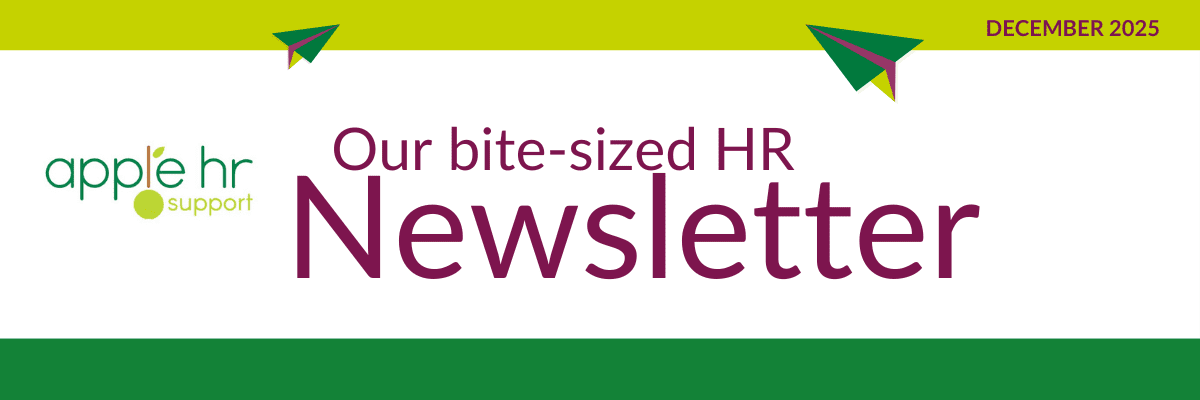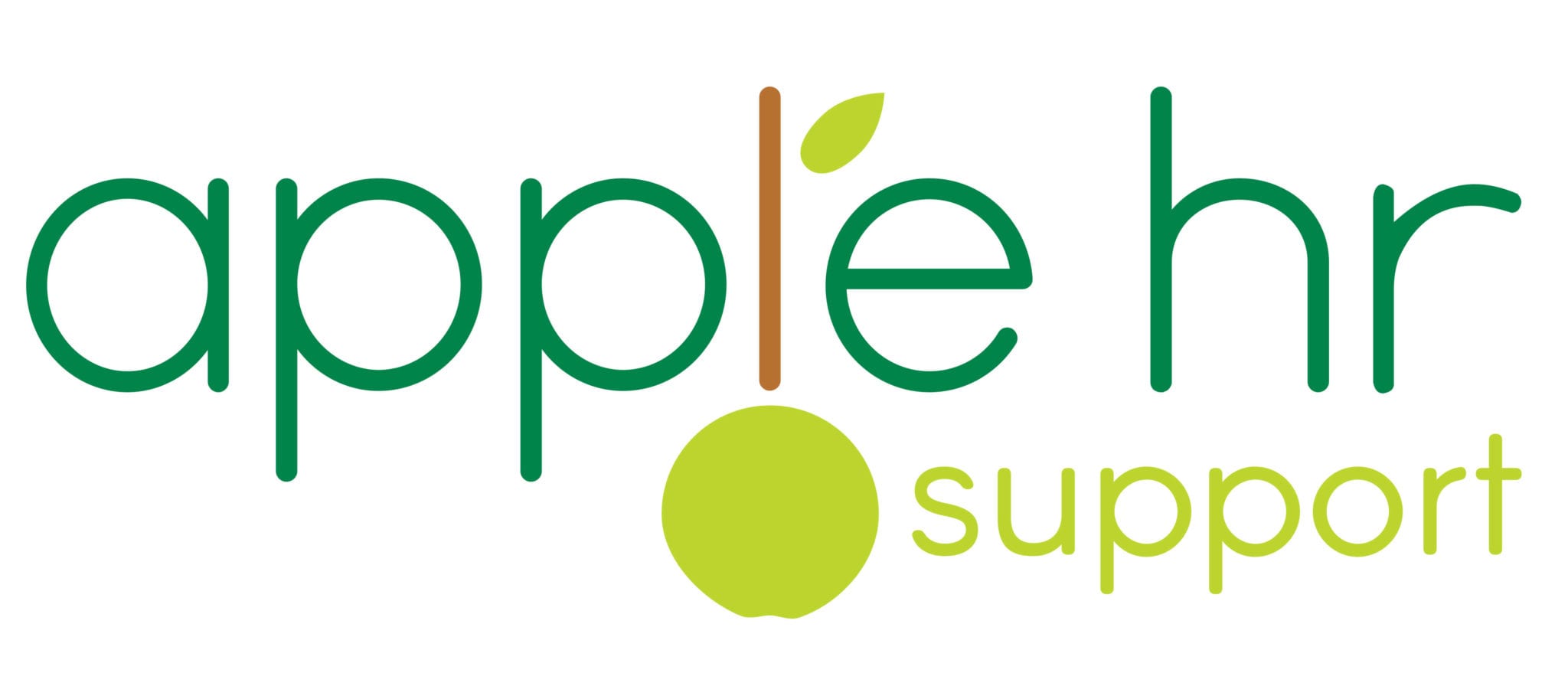
What happens when key people leave
Every small business has those key people you rely on. When they leave after years in the role, they take with them knowledge about suppliers, processes and client relationships that nobody else has.
It’s a familiar story. But it’s also completely preventable through succession planning.
“Succession planning” sounds corporate, but it simply means knowing who could step into key roles and getting them ready before you need them.
Without it, knowledge disappears. You pay agency fees for replacements. Your business value stays tied to specific people who could leave tomorrow.
The practical approach involves:
- Identifying which roles would hurt most if empty: often not the senior titles, but the people whose absence would disrupt your week
- Documenting what really makes them effective: which customers need special handling, which suppliers are flexible, problems only they spot
- Looking at your existing team differently: who asks about the wider business and keeps things running during busy periods
- Testing potential successors with holiday cover and routine decisions
- Writing it down, sharing it with the people involved and reviewing quarterly
The benefits are clear: good people stay when they see opportunities, you can take proper breaks from the business and, if you ever want to sell, buyers see a business that runs without depending on specific individuals.
We suggest starting with 3 critical roles and you can build from there.
Our latest guide covers all of this in more detail, so get in touch for your copy.
And if you’d prefer to talk it through, we can help to design something simple for your business.
Making workplaces work for disabled people
A new report highlights the employment barriers that disabled people face. For small businesses, it’s worth remembering that inclusion goes beyond compliance.
Small adjustments can make a real difference: reviewing how you word job ads, being flexible with interview formats and making reasonable adjustments when needed. These steps help you to access a wider talent pool.
Digital IDs likely coming for Right to Work checks
The Government has proposed making Digital IDs mandatory for Right to Work checks. While this still needs legislation and consultation, it looks likely to happen in the next few years.
When it comes in, it should simplify the process, though fines for mistakes will still be significant. Nothing to do now, but worth keeping an eye on as plans develop. Getting familiar with changes early will save admin time when they arrive.
Financial stress affecting younger workers
Research shows that one in five Gen Z workers say that money concerns affect their performance at work. It’s a reminder that financial wellbeing matters to productivity.
Consider offering practical support: signposting to resources, being open to conversations about financial wellbeing and sharing simple money management tools. Small steps can help to reduce stress and improve focus, particularly for younger team members.
4 important things to remember this December
December can be a busy month for small business owners and it often brings a few extra people issues to manage.
If you’re dealing with challenges this month, here’s how to handle them and survive the festive season (relatively) unscathed.
1: Party problems
If someone’s behaviour at Friday’s event has led to a complaint, deal with it like any other workplace issue: get the facts, speak to everyone involved separately and keep clear notes of what was agreed.
Remember: work social events count as an extension of the workplace. If behaviour there affects working relationships, you need to address it properly.
2: Stressed staff
Money worries peak in December. Family pressures build. Some employees feel isolated while others celebrate.
You can’t fix their personal situations, but here’s what helps: check in with people who seem withdrawn, be flexible, where possible, with hours or workload and remind staff about any support services you offer. Small adjustments make a real difference.
3: Monday morning no-shows
When one or two people don’t show up the morning after the night out, stay consistent.
Follow your usual absence procedures. If someone doesn’t follow the right process, address it. If lateness triggers a conversation, have it. Apply your rules fairly across the board, whoever’s involved. December doesn’t mean standards should slip.
4: Keeping it inclusive
Not everyone celebrates Christmas and forcing participation or assuming everyone shares the same traditions creates problems.
The solution: keep work events optional, acknowledge different perspectives and focus on closing the year well rather than one specific celebration. This helps to avoid resentment and keeps morale steady across your whole team.
Don’t forget
You can’t prevent every December challenge. But you can handle them fairly, keep good records and protect your team’s working relationships.
If it feels overwhelming, we’re here to help you to sort through the tricky conversations and get back on track.
Q&A
What should I do if an employee uses AI tools incorrectly or without permission?
AI can be a great time-saver, but it comes with risks if staff use it in the wrong way. You don’t want confidential data copied into a chatbot or poor-quality work passed off as complete. The best step is to set out a clear policy: explain what’s allowed, what’s off-limits and when approval is needed. Train your team on safe use and make sure managers check work quality.
How can I spot the signs that someone is about to resign?
Often people give clues before they hand in their notice. They might become less engaged, avoid long-term projects or show frustration more easily. Sometimes it’s small changes, like reduced effort or more sick days. The key is to stay close to your team. Regular check-ins and “stay interviews” will help you to understand what’s going on and give you a chance to fix issues before it’s too late.
Do I need to give staff a written policy on hybrid or remote working?
Yes, if people are working from home some or all of the time, it’s important to have it in writing. A simple policy avoids confusion and protects your business. It should cover when staff are expected in the workplace, how performance is measured and responsibilities around health and safety. Even if you only have one or two people working remotely, putting expectations down on paper saves problems later.

